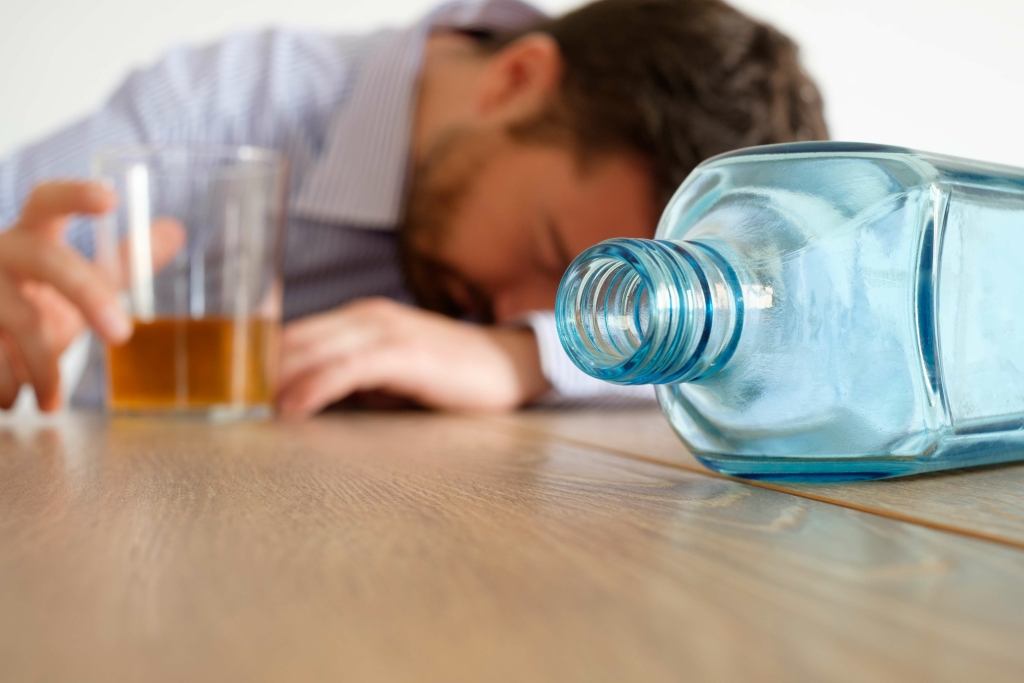If you’ve decided to quit drinking, and tapering seems like the right approach, we’ve got you covered. Here’s how to wean off alcohol—including useful strategies, how to create a tapering schedule, and how to stay safe throughout the process. You don’t have to let the fear of alcohol withdrawal stop you from cutting back or quitting. You may decide to seek medical treatment for your withdrawal symptoms or decide to enter a professional detox or rehab center.
- This includes early symptoms of alcohol withdrawal, such as mild tremors and anxiety.
- In addition, alcohol can be high in calories and sugar, which can lead to weight gain and other health issues.
- Recovery is a lifelong process, and safely tapering off of alcohol is the first step towards achieving the life you want.
- Obviously quitting cold turkey from a 12-beer-a-day habit is going to be more stressful than tapering off slowly.
- However, individuals who suffer from alcohol addiction require professional rehab.
- Stay motivated, celebrate your achievements along the way, and focus on the positive changes that come with a life free from alcohol.
Triggers: How to Manage and Avoid Them

For individuals looking to make a positive change in their relationship with alcohol, the first step is acknowledging the need for change. Recognizing that alcohol may be causing negative effects in one’s life is an important realization that https://theseattledigest.com/top-5-advantages-of-staying-in-a-sober-living-house/ can drive the motivation to take action. Tap into your social network to help support you through alcohol withdrawal. Find a supportive friend or family member to be with you while you withdraw and support your new non-drinking lifestyle.
- Weaning off alcohol can benefit people who drink moderately or have support systems.
- Consuming more than that can lead to liver damage and heart disease, and increase your risk for some cancers.
- There are several ways to taper your alcohol consumption without therapy.
- Tapering off alcohol provides a smoother transition compared to quitting abruptly.
- Understanding these consequences is crucial in recognizing the need for change and taking the first step towards a healthier and happier life.
How Long Does it Take to Taper Off Alcohol?
One of the primary advantages of tapering off alcohol is the ability to minimize withdrawal symptoms. Once the decision to reduce or quit alcohol has been made, understanding the concept of tapering off can be a helpful approach. Tapering off involves gradually reducing alcohol consumption over time, allowing the body to adjust and minimize potential withdrawal symptoms.

Unmasking The Impact Of Speed Drug
When people who are dependent on alcohol drink, they feel normal. This is why it’s always best to find some form of long-term support in sobriety. Support groups, from Alcoholics Anonymous to SMART Recovery, are one free way to find a community of people on the same journey. There are also a number of anti-craving medications to help you avoid Top 5 Advantages of Staying in a Sober Living House drinking again, or even help with your tapering process. Finally, finding a therapist or a recovery coach can help you develop new coping mechanisms and move forward in your life. This may work for many people, but in practice each individual will respond best to a different pace, and each doctor will have their own recommendations.
Professional guidance is often necessary to navigate the complexities of alcohol tapering. A healthcare provider can tailor the tapering schedule to the individual’s needs, considering factors like dependence and overall health. They can also provide support and resources to manage withdrawal symptoms and address any complications that arise. Remember, tapering off alcohol is a highly individualized process, and what works for one person may not work for another.
Setting Realistic Goals
Unstable vital signs increase the risk of complications and can be managed with medications. People who experience severe withdrawal symptoms or DTs may require hospitalization or intensive care unit (ICU) treatment during alcohol. For most people, alcohol withdrawal symptoms will begin to subside after 72 hours. If you are still experiencing withdrawal symptoms after three days, talk to your healthcare provider.
Consulting with medical professionals and therapists is an essential step in tapering off alcohol safely. They can offer expert advice, monitor your progress, and provide personalized recommendations based on your specific needs. This schedule is a guideline and should be adjusted based on individual needs and responses to tapering. It’s important to consult with a healthcare professional before beginning a taper, as they can provide personalized advice and monitor for any complications.